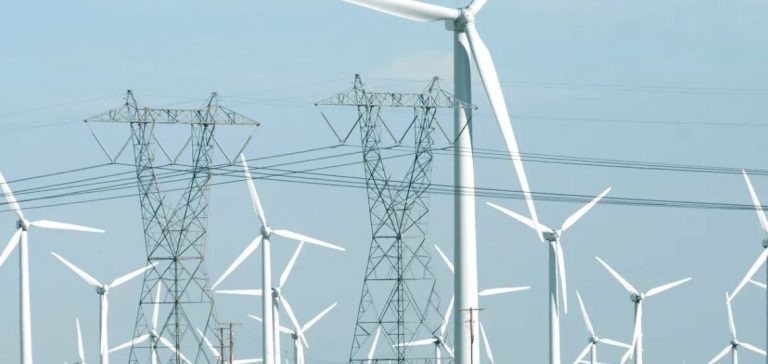One of the main obstacles to the expansion of renewable energy in the United States is the lack of adequate power transmission infrastructure. Currently, the grid is divided into ten distinct regions, limiting the capacity to transport energy produced in rural areas to consumption centers. According to Jason Grumet, CEO of American Clean Power, this fragmentation undermines the country’s energy transition goals.
Regions rich in renewable energy, such as the Midwest and Texas, have a surplus of wind and solar power, but the absence of long-distance transmission lines hampers distribution to urban areas on the East Coast, where demand is high. This structural imbalance results in frequent power outages and highlights energy security risks, exacerbated by the increasing frequency of extreme weather events.
Urgent Need for Regulatory Reforms
To address the need for a more flexible and resilient grid, industry players believe that in-depth regulatory reform is essential. New transmission projects face delays of several years due to complex approval procedures and opposition from some local communities. The lack of federal coordination further complicates the situation.
Recent reforms introduced by the Inflation Reduction Act (IRA) include incentives for the expansion of energy infrastructure, but these measures are insufficient to address current structural bottlenecks. Administrative hurdles continue to hinder major projects, delaying the integration of renewable energy and, consequently, the country’s decarbonation efforts.
Energy Transition and the Role of Natural Gas
Meanwhile, the role of natural gas remains central to the U.S. energy mix. Although gas is seen as a “bridge” to a fully decarbonated grid, its presence has become essential to stabilize electricity supply during the transition period. Grid operators such as PJM Interconnection warn that the rapid closure of coal plants, coupled with increased electricity demand, is putting additional pressure on existing infrastructure.
The situation is even more critical in regions dependent on gas, such as New York and New England, where nearly 60% of electricity is produced by gas-fired or dual-fuel facilities. Despite the rise of renewables, experts warn that the lack of adequate storage resources and complete transmission capacity could lead to increased electricity price volatility.
Opportunities and Challenges of the IRA
The Inflation Reduction Act, passed in 2022, represents a significant attempt to redirect investments towards more modern energy infrastructure. The plan, primarily focused on renewables, offers tax credits for transmission and storage projects. However, the unequal distribution of these benefits is generating political tensions, with 80% of credits benefiting Republican districts.
Despite initial concerns over the IRA’s viability, long-term funding and support prospects remain positive. However, challenges extend beyond financing: dependence on foreign supply chains, particularly in China, also poses a risk of delays in project implementation.
Towards a New Grid Model?
To address these deficits, some experts recommend a complete overhaul of the grid, aiming to transform it into a national integrated infrastructure capable of efficiently transporting electricity across the country. Transitioning to a more interconnected network will require overcoming current political and economic barriers, as well as a collective willingness from different stakeholders.
In the short term, energy companies, including those historically focused on fossil fuels, are gradually adapting their strategies to incorporate more renewable sources. However, without massive investment in transmission infrastructure, these efforts may remain limited and compromise the overall U.S. decarbonation ambitions.






















